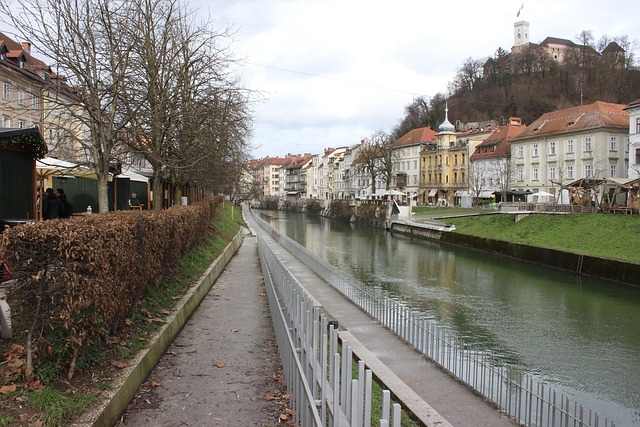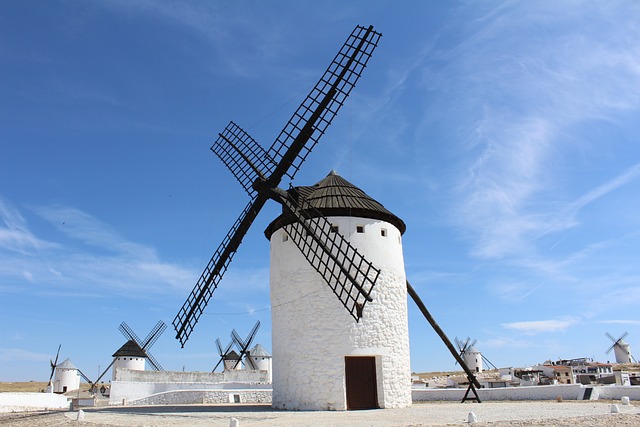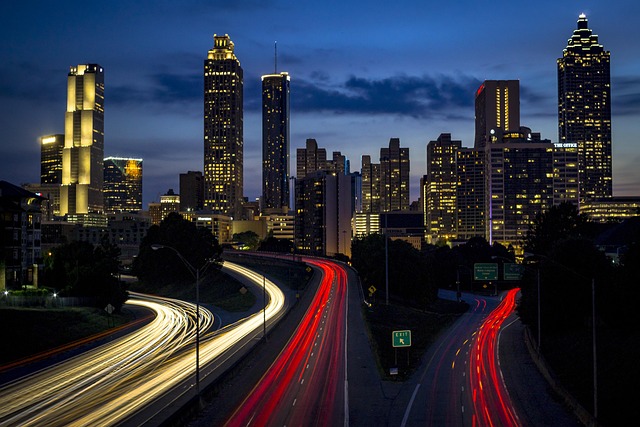Karachi's recycling centers act as vital hubs, collecting and sorting recyclables from residential, commercial, and industrial sources, reducing pollution, conserving resources, and promoting a circular economy. Established in dense Civil Lines, these centers create jobs, minimize the city's carbon footprint, and serve as models for eco-friendly practices. Despite challenges with diverse waste types and resource scarcity, they divert waste from landfills, foster sustainability, and encourage responsible consumption among locals, contributing to a cleaner, greener Karachi.
Karachi, Pakistan’s vibrant metropolis, is making strides towards sustainable waste management through its recycling centers, particularly in the bustling neighborhood of Civil Lines. This article delves into the city-wide effort, exploring the role these centers play in transforming waste into resources. We navigate the impact and challenges faced, highlighting innovative solutions that could revolutionize Karachi’s recycling landscape. By understanding the intricacies of Civil Lines’ recycling initiatives, we can appreciate the city’s commitment to a greener future.
- Understanding Karachi's Recycling Centers: A City-Wide Effort
- The Role of Civil Lines in Sustainable Waste Management
- Navigating the Impact and Challenges of Recycling in Karachi's Civil Lines
Understanding Karachi's Recycling Centers: A City-Wide Effort

Karachi, a bustling metropolis known for its vibrant culture and diverse communities, is also making strides in sustainable practices. At the heart of this initiative are the city’s recycling centers, which play a crucial role in managing waste and promoting environmental stewardship. These centers act as hubs, collecting and sorting recyclables from across the city, ensuring that materials like plastic, paper, glass, and metal find new life instead of ending up in landfills.
The efforts to establish and maintain these facilities are a testament to Karachi’s commitment to tackling pollution and preserving its natural resources. The city-wide network of recycling centers facilitates the collection of recyclables from residential areas, commercial establishments, and even industrial sites, showcasing a unified approach to recycling. This collective action not only reduces the environmental impact but also contributes to creating a circular economy, where waste is minimized, and resources are conserved for future generations.
The Role of Civil Lines in Sustainable Waste Management

In Karachi, the bustling metropolis known for its dense population and diverse culture, sustainable waste management is a paramount concern. Civil Lines, as a strategic location within the city, plays a pivotal role in this regard. Here, dedicated recycling centers have been established to facilitate the efficient sorting, processing, and repurposing of various waste streams. These centers not only contribute to reducing the environmental impact but also create job opportunities, fostering a circular economy that minimizes the city’s carbon footprint.
The presence of these recycling centers in Civil Lines is a testament to the area’s commitment to eco-friendly practices. By implementing robust waste management strategies, Karachi aims to move beyond mere disposal towards a more sustainable future. The meticulous sorting and processing of materials like plastic, paper, glass, and metal not only conserves natural resources but also supports the local community by providing employment in recycling initiatives. This holistic approach ensures that waste is transformed into valuable resources, benefitting both the environment and the people of Karachi.
Navigating the Impact and Challenges of Recycling in Karachi's Civil Lines

Navigating the complex landscape of recycling in Karachi’s Civil Lines presents a unique set of challenges. As one of Pakistan’s bustling metropolitan areas, Karachi faces immense pressure to manage its growing waste stream effectively. The introduction of recycling centers has been a game-changer, offering a sustainable solution to the region’s waste management dilemma. However, these centers must navigate labyrinthine pathways to ensure efficient collection and processing of recyclables amidst the city’s hustle and bustle.
Karachi’s diverse and dense population contributes to a vast array of waste types, making sorting and categorization a daunting task. Additionally, the centers struggle with limited resources, including inadequate funding and skilled labor. Despite these challenges, the centers play a vital role in enhancing the city’s environmental sustainability efforts by diverting substantial amounts of waste from landfills. They also foster a culture of responsible consumption among locals, who actively participate in the recycling process, contributing to a cleaner, greener Karachi.
Karachi’s recycling centers, particularly in Civil Lines, play a pivotal role in the city’s sustainable waste management efforts. By understanding their operations and challenges, we can foster a more comprehensive approach to environmental stewardship. The impact of these centers is significant, but further support and community involvement are needed to navigate ongoing difficulties and ensure a cleaner, greener future for Karachi.
